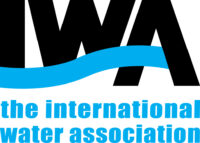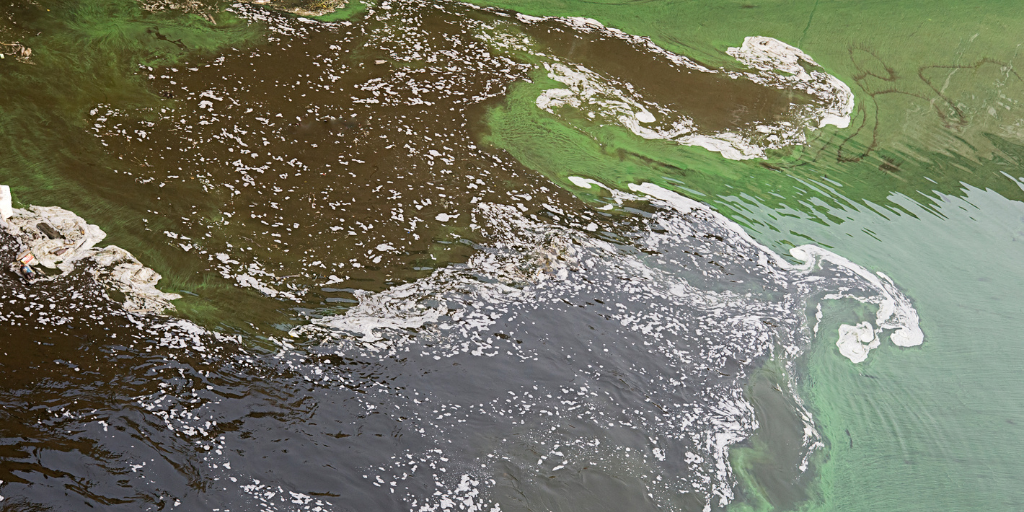Today we celebrate World Environment Day 2020. This is the most renowned day for environmental action. Since 1974, it has been celebrated every year on 5 June; engaging governments, businesses, celebrities and citizens to focus their efforts on a pressing environmental issue.
The Theme 2020: This year, the theme is biodiversity–a concern that is both urgent and existential. Recent events, from bushfires in Brazil, the United States and Australia to locust infestations across East Africa–and now, a global disease pandemic–demonstrate the interdependence of humans and the webs of life in which they exist. Nature is sending us a message.
The water sector is intrinsically linked and interwoven with biodiversity. Therefore, the IWA would like to share with you the resources that have been produced, in partnership with The Nature Conservancy, from our Nature for Water and Sanitation project.
Below you will find a list of publications, case stories, and webinars:
- Technical brief: Building nature-based resilient water systems. Catalysing the role of the Water regulator.
The Nature Conservancy (TNC) and The International Water Association (IWA) undertook a joint research work in 2018 with the International Water Regulators Forum, IWA Specialist Groups and other networks, with the objective to support the information needed for ensuring policies and regulations that promote nature based solutions in water management.
The outcome of the research was a technical brief with recommendations on how water utilities and water regulators can harness nature as a means of ensuring water security.
- Nature-based Solutions Utility Spotlights
IWA and TNC have developed a publication “Nature for Water: a Series of Utility Spotlights” intended to shed light on the opportunities and challenges facing regulators and water utilities in their efforts to incorporate nature-based solutions into water management. Selected spotlights are (and some have associated webinars):
-
- Anglian Water – https://iwa-network.org/nature-based-solutions-utility-spotlight-anglian-water/
- De Watergroep – https://iwa-network.org/nature-based-solutions-utility-spotlight-de-watergroep/
- Milwaukee – https://iwa-network.org/nature-based-solutions-utility-spotlight-milwaukee/
- Skanderborg Forsyning – https://iwa-network.org/nature-based-solutions-utility-spotlight-skanderborg-forsyning/
- Ghana Water – https://iwa-network.org/ghanawatercompany/
- Through a partnership with TNC led by IWA Sanitation for and by Nature working group was developed to bring together a diverse group of professionals developing practical guidance on how to more effectively use NBS for wastewater treatment in a way that benefits people as well as nature; and the use of modelling and scientific analysis to understand how implementation of sanitation goals will impact nature.
- IWA Supported course at Cranfield University – Nature based solutions for land and water management
- Upcoming IWA Webinar
Register now* Nature for Water: Untapped potential in Ghana (16 June 2020 | 15h CEST)– this webinar will focus on exploring the corporation between relevant stakeholders and the development of targeted action plan interventions for the rehabilitation and preservation of important water bodies in the country.
- IWA Webinars on Demand
Nature Based Solutions. Nature for Water Utilities– how water and wastewater companies are thinking about nature as part of their infrastructure in providing and treating water and wastewater.
Integrating Nature into Urban Sanitation Services– focus on how sanitation services can incorporate nature-based solutions into their planning and operations.
Nature Based Solutions: Investing in nature from catchment to tap– This webinar focuses on the practical approaches of integrating natural infrastructure into the planning and implementation from catchment to consumer and highlights how cities together with their utilities are taking proactive engagement in managing water resources.
Green Infrastructure for Water Wise Cities –Focused on approaches cities are taking to integrate green infrastructure within the urban areas as well as proactive engagement in managing water resources to provide citizens with a connection to nature in urban landscapes and improve the quality of life.
Building nature-based, resilient water systems: Catalysing the role of Water Regulators – on demand https://iwa-network.org/learn/nbs-the-role-of-water-regulators-wod/
Nature’s role in resilient water supplies – utility and regulator perspectives – Milwaukee Metropolitan Sewerage District (MMSD) strategic investments in water management have gained national and international recognition. They have crafted strong relationships with environmental regulatory agencies, the agriculture sector and local community to ensure the long-term impact of their NBS initiatives.
Nature for Water: Spotlight on a UK Utility and Regulators– Many interested yet hesitant utilities and regulators cite a lack of evidence that nature-based solutions can deliver water quality and quantity results. The case of Anglian Water presents a strong counterargument. Recognising the importance of an enabling environment for NBS, what possibilities exist to promote these options effectively through existing regulation? What is the potential of regional frameworks to stimulate change?




